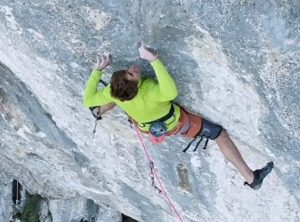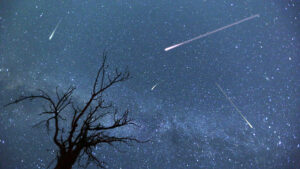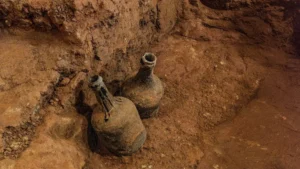Skincare routines are all the rage these days (even Conrad Anker has one!), and our distant cetacean cousins are getting in on the action. For the first time, scientists gathered video evidence that proves humpback whales use sandy bay bottoms to scrub dead skin and clingy barnacles off their massive bodies.

Screenshots from the footage collected by Dr. Olaf Meynecke and published in the paper Exfoliating Whales–Sandy Bottom Contact Behaviour of Humpback Whales. Photo: Meynecke et al.
Griffith University marine ecologist Dr. Olaf Meynecke tagged whales with suction-cup-mounted sensors complete with HD video and a suite of sensors. The footage showed the whales “performing full and side rolls in up to 49m water depth on the sea floor that was lined with fine sand or rubble,” according to a Griffith University press release.
Barnacle removal therapy
“We believe that the whales exfoliate using the sand to assist with molting and removal of ectoparasites such as barnacle[s] and specifically select areas suitable for this behavior,” Meynecke noted.
Barnacle growth can lead to drag and loss of energy, the paper revealed. And bacterial growth on dead skin can cause infections.
Humpbacks can slough off some of this debris by breaching, Live Science reported, but not all of it. That’s where rolling around on the ocean floor comes into play. And in typical cetacean fashion, it appears that the whales made something of a party game out of it.
“The behavior was either following courtship, competition, or other forms of socializing,” Meynecke said.
And no party is complete without snacks — that’s why schools of fish called silver trevally feasted on the dead skin as the whales scrubbed on the ocean floor.
It’s not guacamole, but it will do.
The truly exciting part is how rapidly advancing technology allows researchers (and, by extension, us non-scientific types) to get better glimpses into the secret worlds of our deep-diving fellow mammals.
“It is likely that other, yet-to-be-discovered behaviors of these charismatic species exist, which will be observed through the use of underwater camera systems and drones,” the scientists wrote.






